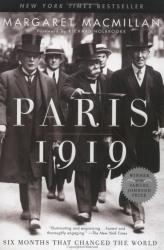So apparently a St. Catharines man was stabbed this weekend in Trinity Bellwoods park, right by my house – by four panhandlers.
I’m not sure about the spin on this story – particularly the label “panhandler.” This took place on Queen West next to a large park around midnight, and the four perpetrators (ages 21-22) asked the victim for money, then a verbal and physical fight followed, culminating in the stabbing. What verb applies? Is it panhandling, mugging or swarming? Last I checked, it’s unusual for panhandlers to sit in groups of four and beg for money late at night… Mind you, I wasn’t there – perhaps they had been “panhandling” peacefully for several hours before this.
The spin allows panhandling to be painted as a threatening act. But it’s also lumping very different groups of people together – it’s a bit ridiculous to place these four 22 year olds in the same category as the 70-year old woman I see panhandling day and night outside the 7-11 one block away.
There are some rough characters in the neighbourhood, certainly. The nastiest area seems to be the northwest corner of Queen and Bathurst, where the native shelter and the youth shelter sit. I frequently see hard drinkers outside the native shelter, but I’ve never seen any violence. I did see a bloody brawl outside the youth shelter in broad daylight, spilling out into several lanes of traffic. All the same, I’m surprised that the violence spilled over to encompass regular passers-by.

